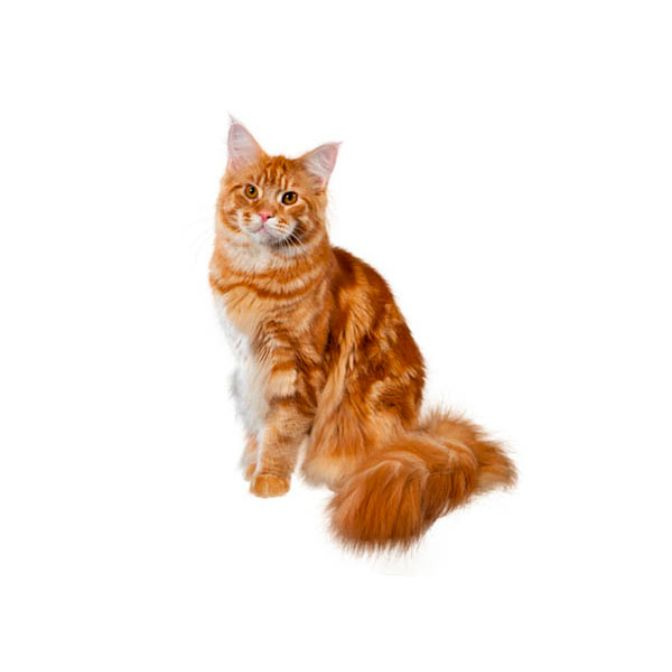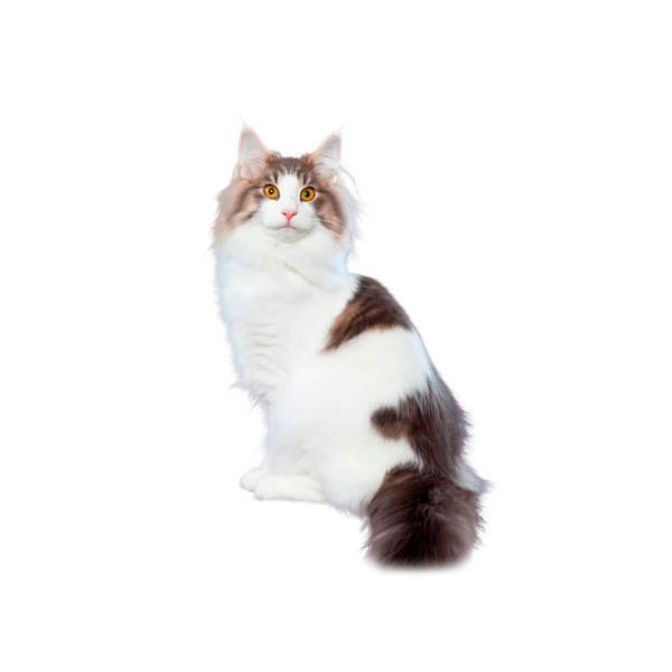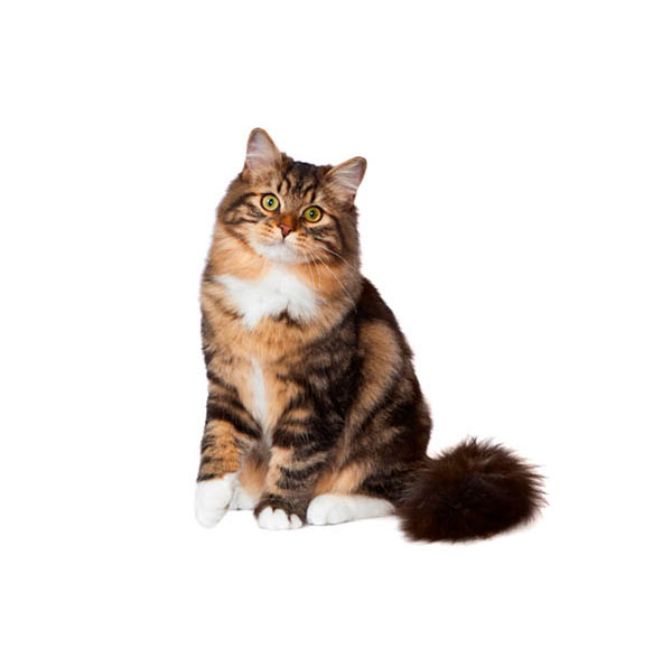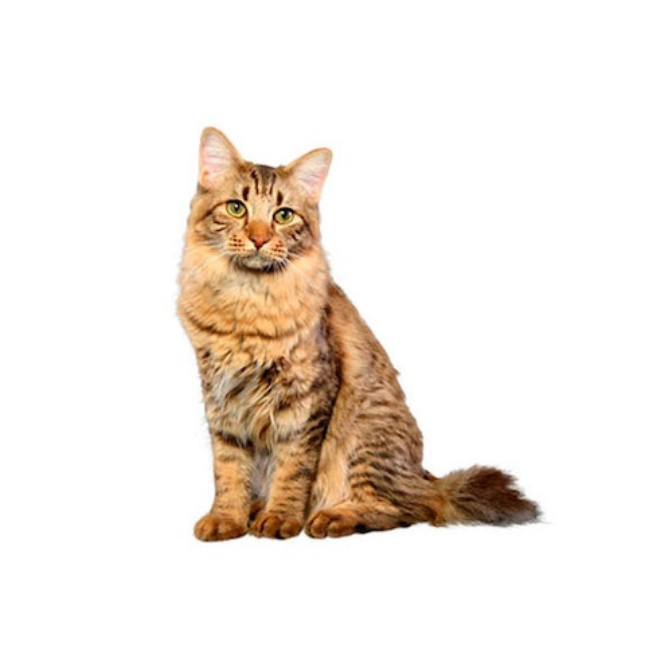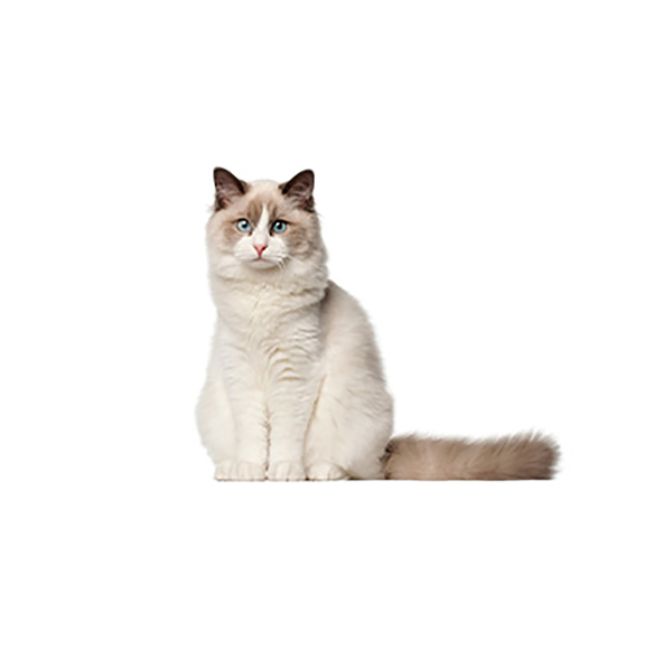Maine Coon
The Maine Coon is one of the oldest and largest domestic cat breeds, originating in the United States. Known for their impressive size, tufted ears, and bushy tails, Maine Coons have become increasingly popular in Australia. They are well-suited to various environments, making them a favorite among Australian cat enthusiasts. With their friendly temperament, playful nature, and intelligence, Maine Coons are excellent companions for families and individuals, thriving in both indoor and outdoor settings.
Large
Medium
Medium
4 to 8kgs.
Most commonly brown tabby, but other colors and patterns are possible
Maine Coon cats are renowned for their friendly and sociable nature. They are often described as "gentle giants" due to their affectionate demeanor and playful spirit. Maine Coons tend to get along well with children and other pets, making them an excellent choice for families.
The Maine Coon cat is characterized by its robust build, tufted ears, and bushy tail. They possess a long, shaggy coat that is water-resistant, which helps them adapt to different climates. Their large, expressive eyes are often green or gold, adding to their striking appearance.
On average, Maine Coons have a lifespan of 12 to 15 years, although some may live longer with proper care. Regular veterinary check-ups and a balanced diet are essential for ensuring a healthy life for your Maine Coon kitten.
Maine Coons come in a wide range of colors and patterns, including tabby, solid, and bi-color. Their diverse color palette allows potential owners to choose a Maine Coon that fits their personal aesthetic.
Maine Coons are moderate shedders, with seasonal shedding occurring more prominently during spring and fall. Regular grooming helps manage shedding and keeps their coat healthy and free from mats.
While generally healthy, Maine Coons are prone to certain genetic conditions, such as hypertrophic cardiomyopathy (HCM). Regular veterinary check-ups and a healthy lifestyle can mitigate these risks.
A balanced diet is crucial for Maine Coon cats, as their large size requires adequate nutrition to support their overall health and vitality. High-quality cat food, rich in protein and tailored for their specific needs, is recommended to keep them healthy, energetic, and thriving. Additionally, incorporating essential vitamins and minerals into their diet can promote strong bones, a shiny coat, and a healthy immune system, ensuring a long and happy life for these magnificent felines.
The Maine Coon breed has a rich history, believed to have originated in the Northeastern United States. They were likely bred from long-haired domestic cats and were popular on farms for their ability to control the rodent population.
Maine Coons are known for their unique vocalizations, often described as chirps or trills, which reflect their playful and sociable nature. They are also one of the largest domestic cat breeds, with males typically weighing between 4 to 8 kilos and females weighing slightly less. These gentle giants are characterized by their tufted ears, bushy tails, and friendly disposition, making them excellent companions for families and individuals alike.
